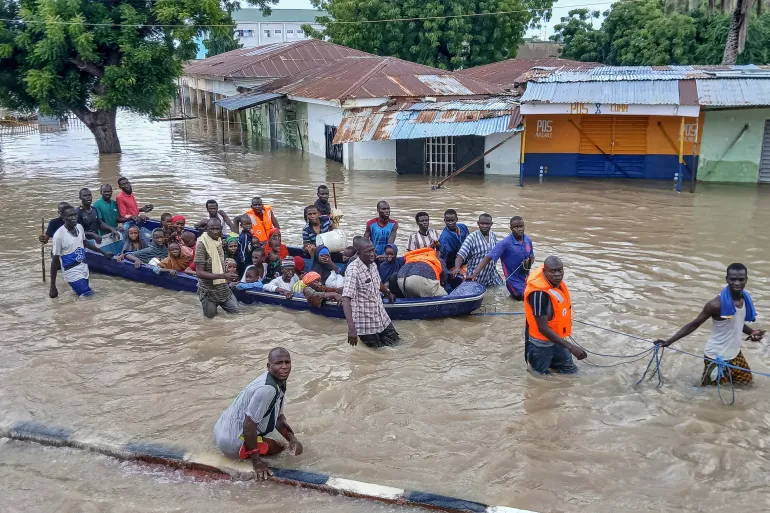In a major effort to support Nigerians affected by recent flooding, the Federal Government has approved ₦6.3 billion in interest-free and collateral-free loans for 21,000 victims across the country. Each beneficiary will receive ₦300,000 to help rebuild their lives and recover lost livelihoods, particularly in the agricultural sector where flood damage has been most severe.

The initiative was announced by the Minister of State for Humanitarian Affairs and Poverty Reduction, Dr. Yusuf Sununu, during a high-level meeting in Abuja to mark the 2025 International Day for Disaster Risk Reduction. According to the minister, the loans are intended to stimulate small-scale recovery by providing access to immediate funds without the burden of interest or collateral requirements.
This funding forms part of the broader strategy under President Bola Tinubu’s administration to strengthen disaster resilience and economic recovery. It follows other ongoing interventions, including the Conditional Cash Transfer (CCT) scheme, which has already reached over 8.1 million households with more than ₦300 billion disbursed to the most vulnerable.
Additionally, the government has partnered with the Federal Ministry of Agriculture to launch a farming program for internally displaced persons (IDPs). Under this arrangement, participants will retain 30 percent of their farm produce for personal use, while the government will purchase the remaining 70 percent and pay beneficiaries directly, further stimulating local economic activity.
In support of long-term disaster preparedness, the National Emergency Management Agency (NEMA) also unveiled the NEMA Strategic Plan (2025–2029) and the National Disaster Risk Reduction Strategy (2025–2030). These documents outline Nigeria’s shift from reactive relief responses to proactive disaster management strategies, emphasizing early warning systems, improved state coordination, and innovative financing mechanisms.
The loan initiative has been widely welcomed, especially by smallholder farmers and local business owners whose properties, crops, and assets were destroyed by floods. Many see it as a lifeline to rebuild their means of survival. However, experts warn that successful implementation will depend on transparency, speed of disbursement, and proper monitoring to avoid misallocation or corruption.
As extreme weather events become more frequent due to climate change, the government’s approach to recovery and resilience will be increasingly tested. The ₦6.3 billion loan package is a significant step toward restoring dignity to disaster victims — but whether it delivers lasting impact remains to be seen.
















